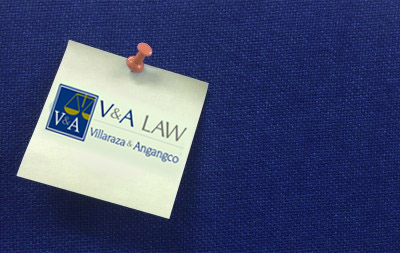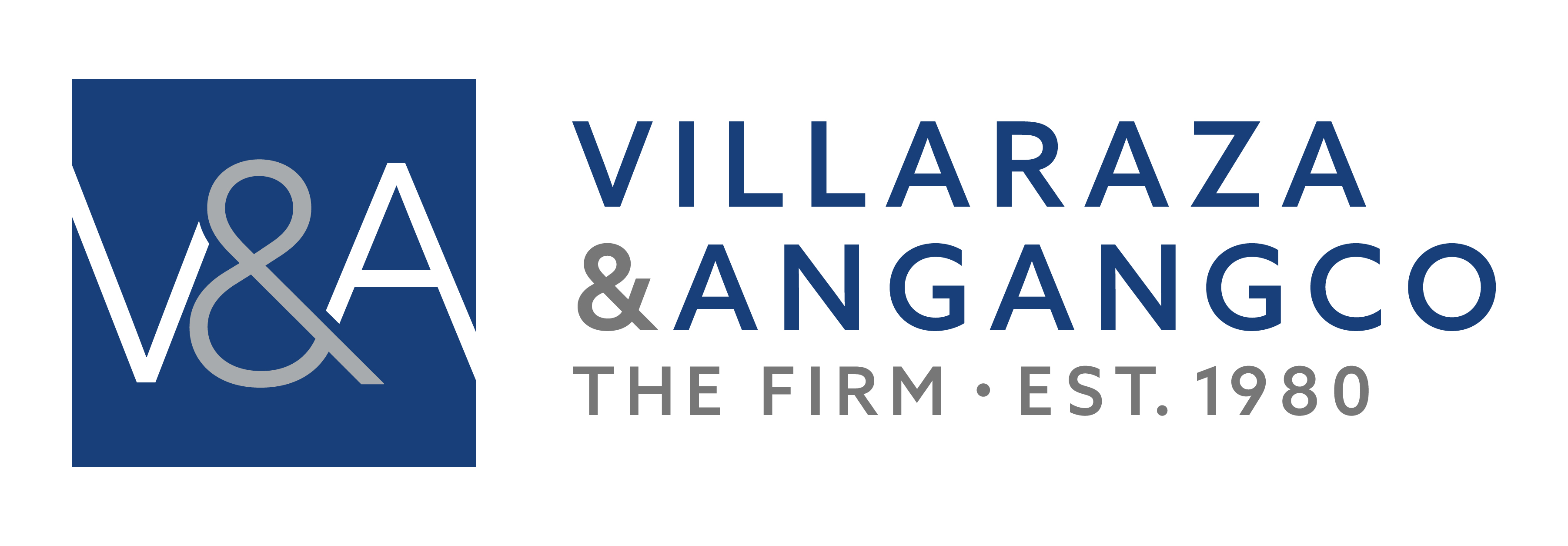By Franchette M Acosta of Villaraza & Angangco
The Bangko Sentral ng Pilipinas (BSP), which is the Central Monetary Authority of the Philippines, has recently issued guidelines governing the registration and operations of non-bank entities engaged in the credit card business, including credit card issuers and acquirers. These guidelines were issued to implement the Philippine Credit Card Industry Law which expanded the scope of BSP regulation to non-bank credit card issuers.
Under the guidelines, a corporation, a non-bank subsidiary/affiliate of a bank or a quasi-bank of good standing, or a finance/lending company registered with the Securities and Exchange Commission, may engage in the credit card business provided that prior authority is secured from the Monetary Board. Credit card issuers must be stock corporations with paid-up capital of PhP 100 Million. Fit and proper rules are likewise imposed on the board and management of non-bank credit card issuers.
To ensure that credit card issuers have capacity to deliver services efficiently and securely to the public, management must device and implement appropriate risk management and control systems. Credit card operations must have clearly defined policies, procedures and internal control guidelines, particularly in respect of application requirements, solicitation, approval of credit limits, issuance of cards, issuance of supplementary cards, cash advances, billing payments, handling of write-offs, accounts of DOSRI and employees, dealings with agents and other crucial aspects of operations.
Notably, credit card issuers are proscribed from issuing pre-approved credit cards. This is consistent with the requirement that prior to issuing credit cards, issuers must conduct know-you-client and customer (KYC) identification procedures. Issuers are mandated to exercise due diligence in assessing the credit standing of applicants. As BSP supervised entities, credit card issuers and acquirers are subject to relevant anti-money laundering laws and regulations.
To further protect the public, the guidelines among others require issuers to disclose certain information to cardholders and impose a standard computation for interest, finance charges and late payments. Outsourcing of collection to third party services providers is regulated by the BSP and must be covered by a service level agreement. Even while outsourcing is allowed, the credit card issuer is responsible to its customers for maintaining customer service standards.
The new guidelines also cover credit card acquirers, or institutions that accept and facilitate processing of the credit card transaction which is initially accepted by the merchant. Credit card acquirers must require merchants to perform KYC on the identity of the credit cardholders. This obligation must be expressly provided in the service level agreement between the acquirers and the merchants.
The above article is information purposes only and is not intended to constitute legal advice.
























 Villaraza & Angangco Law
Villaraza & Angangco Law Kristin Charisse C. Siao
Kristin Charisse C. Siao Ma. Carla P. Mapalo
Ma. Carla P. Mapalo Richard Henrick I. Beltran
Richard Henrick I. Beltran







